A Philosophical Prognosis: Reflections on the Year 2025
- Mr Shoniwa
- Sep 1, 2024
- 4 min read

As we stand on the threshold of 2025, the mind naturally drifts towards the future, pondering the currents that will shape the course of human history. Predictions, however, are not mere acts of speculation; they are reflections of our collective consciousness, the embodiment of our hopes, fears, and the values we cherish. As a philosopher, my gaze towards 2025 is not just an exercise in foresight but an exploration of the deeper forces at play in our world. What follows is not a prophecy, but a meditation on the trends that may define the year ahead.
The Evolution of Human Identity in the Digital Age
In 2025, the question of what it means to be human will become more pressing than ever. The digital revolution, which has already transformed our societies, will continue to blur the lines between the physical and virtual worlds. As artificial intelligence, virtual reality, and biotechnology advance, the boundaries of identity will be questioned.
We may see the emergence of what could be called "digital dualism," where individuals maintain parallel lives in both the physical and digital realms. This dual existence will force us to rethink concepts of selfhood, agency, and authenticity. As we navigate these new terrains, the age-old philosophical inquiry into the nature of the self will take on new dimensions, challenging us to reconcile our digital personas with our embodied existence.
The Crisis of Meaning and the Search for New Philosophical Anchors

The rapid pace of technological change, coupled with the erosion of traditional structures—be they religious, political, or cultural—has led to what many have termed a "crisis of meaning." By 2025, this crisis may reach a critical juncture, as more people grapple with feelings of alienation and purposelessness in an increasingly complex world.
In response, we may witness a resurgence of interest in philosophical and spiritual traditions that offer deeper meaning and existential grounding. This could take the form of a renewed engagement with ancient wisdom—Stoicism, Buddhism, and existentialism—or the creation of new philosophical frameworks that resonate with contemporary challenges. The search for meaning will become a central theme of our time, driving both individual quests and collective movements.
The Ethical Dilemmas of Technological Advancement
By 2025, the ethical implications of our technological capabilities will be impossible to ignore. As we edge closer to the possibilities of genetic editing, AI-driven decision-making, and the commodification of personal data, society will be forced to confront profound moral questions.
These developments will challenge our understanding of human rights, justice, and the common good. What does it mean to be free in a world where our choices are increasingly shaped by algorithms? How do we define fairness in a society where genetic enhancements could exacerbate inequalities? The ethical dilemmas of 2025 will demand not only philosophical reflection but also robust public discourse and policy-making.
Environmental Consciousness and the Philosophy of Interconnectedness

The environmental crises that have been brewing for decades will likely reach new levels of urgency by 2025. As climate change, biodiversity loss, and resource depletion accelerate, humanity will be confronted with the consequences of its disconnection from the natural world.
In response, there may be a philosophical shift towards an ethic of interconnectedness—recognizing the deep interdependence of all life on Earth. This perspective, rooted in indigenous philosophies and ecological thought, could inspire a more holistic approach to environmental stewardship. We may begin to see a movement away from the anthropocentric worldview that has dominated the modern era, towards a more inclusive understanding of our place within the broader web of life.
The Reimagining of Community and the Concept of Belonging

As traditional social structures continue to erode, the concept of community will undergo significant transformation by 2025. The pandemic of the early 2020s has already shown us the fragility of our social bonds, but it has also sparked new forms of connection and solidarity.
In the coming years, we may witness the emergence of "intentional communities" that prioritize shared values, sustainable living, and mutual support. These communities could take various forms—ranging from physical eco-villages to digital collectives—and will reflect a desire for deeper connection and a sense of belonging in an increasingly fragmented world.
This reimagining of community will be accompanied by a redefinition of the common good. As we navigate the complexities of global interconnectedness, we will be called upon to expand our ethical horizons, embracing a more inclusive and compassionate approach to our fellow humans and the planet we share.
2025 as a Philosophical Crossroads

As we approach 2025, we find ourselves at a philosophical crossroads. The choices we make in the coming years will not only shape our technological, social, and environmental futures but will also define the very essence of our humanity. In this moment of profound transition, it is imperative that we approach the future with both humility and vision, guided by the enduring questions that have always shaped human thought: What does it mean to live a good life? How do we balance individual freedom with collective responsibility? What is our place in the cosmos?
These questions, as old as philosophy itself, will take on new relevance in the world of 2025. The answers we seek will not be easy or straightforward, but they will be essential to navigating the challenges and opportunities that lie ahead. In this endeavor, philosophy will serve not merely as an intellectual exercise, but as a vital compass for our collective journey into the future.


Comments